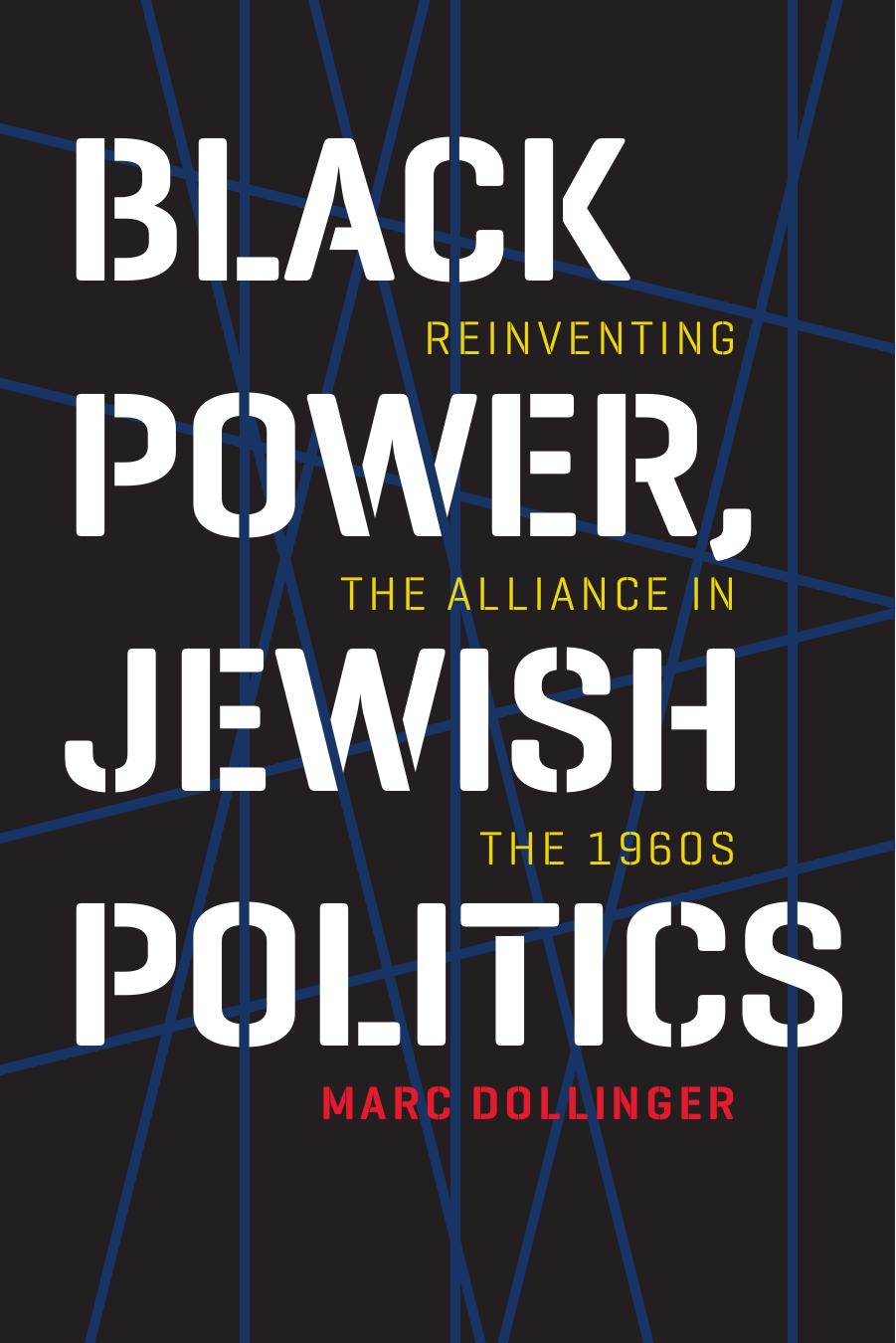Black Power, Jewish Politics by Marc Dollinger

Author:Marc Dollinger
Language: eng
Format: epub, pdf
Publisher: Brandeis University Press
Jewish Day Schools
Efforts by Jewish young people to strengthen Jewish education extended to Jewish day school education, especially among non-Orthodox Jews, for whom secular public education proved the historic standard. For a generation of Jewish students raised in the suburbs, Jewish education typically amounted to synagogue-based supplemental school, culminating in a bar or bat mitzvah experience. Infused with a larger American culture that valued one’s ethnic heritage, the new generation of Jewish leaders demanded that their organized communal leaders step up in support of Jewish day schools, considered the gold standard for intensive Jewish learning and living. In a dramatic break from earlier generations of American Jews, the new efforts for day school education extended beyond the Orthodox, who maintained an effective monopoly on that approach to Jewish learning.
Prior to the 1960s, only the Orthodox backed this intensive approach to Jewish learning. Yeshiva College (later Yeshiva University), founded in 1928 as the successor institution to the Rabbi Isaac Elchanan Theological Seminary, sought to combine the mandates of traditional Jewish life with the contemporary realities of America. It created the first-ever intensive Jewish high school for girls in 1948. Six years later, Yeshiva opened Stern College for Women. And, in 1955, Yeshiva University launched its Torah Leadership Seminar with twenty-eight enrollees. It also developed programs focused on offering intensive Jewish learning to young people raised in non- or minimally observant homes. Thanks in part to the increased interest in Jewish day school education, newly observant Jews founded a number of Orthodox synagogues, including New York’s Lincoln Square Synagogue. In 1954, Orthodox leaders formed the National Conference of Synagogue Youth to focus efforts on encouraging children from adolescence through their teenage years to follow Jewish law in their everyday lives. Chabad rabbis stepped up their campaign for greater ritual observance with outreach to Jewish college students filling university dorms thanks to the G.I. Bill–inspired boom in higher education. These efforts led Nathan Glazer, in a series of articles appearing in 1956, to identify an Orthodox-centered “Jewish revival in America.”32
Early postwar Reform Jews rejected Jewish day school education, investing their future as American Jews in an approach that sent their children to public schools during the day and supplemental synagogue-based religious schools in the afternoons and weekends. A 1953 survey by the Reform movement’s National Federation of Temple Brotherhoods, for example, showed that “over 90 percent wanted nothing to do with Jewish all-day schools.” When Rabbi Joachim Prinz, then a candidate for the AJCongress presidency, affirmed in 1958 that if the organization were serious about the “survival of the Jewish people” then it would back Jewish day schools, Justine Wise Polier objected. “Day schools,” she believed, proved “inimical to the public-school system” and led to an “undesirable Jewish self-isolation.”33
Four years later, Wise Polier’s organization went on record opposed to federal aid for parochial schools, calling it a “clear violation of the constitutional principle of church and state—a violation that would bring in its train all the evils that the constitutional provision was designed to prevent.
Download
Black Power, Jewish Politics by Marc Dollinger.pdf
This site does not store any files on its server. We only index and link to content provided by other sites. Please contact the content providers to delete copyright contents if any and email us, we'll remove relevant links or contents immediately.
The Secret History by Donna Tartt(19092)
The Social Justice Warrior Handbook by Lisa De Pasquale(12191)
Thirteen Reasons Why by Jay Asher(8912)
This Is How You Lose Her by Junot Diaz(6889)
Weapons of Math Destruction by Cathy O'Neil(6281)
Zero to One by Peter Thiel(5802)
Beartown by Fredrik Backman(5756)
The Myth of the Strong Leader by Archie Brown(5509)
The Fire Next Time by James Baldwin(5447)
How Democracies Die by Steven Levitsky & Daniel Ziblatt(5219)
Promise Me, Dad by Joe Biden(5154)
Stone's Rules by Roger Stone(5088)
A Higher Loyalty: Truth, Lies, and Leadership by James Comey(4964)
100 Deadly Skills by Clint Emerson(4926)
Rise and Kill First by Ronen Bergman(4790)
Secrecy World by Jake Bernstein(4753)
The David Icke Guide to the Global Conspiracy (and how to end it) by David Icke(4720)
The Farm by Tom Rob Smith(4514)
The Doomsday Machine by Daniel Ellsberg(4490)
